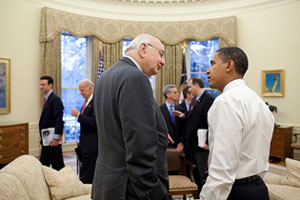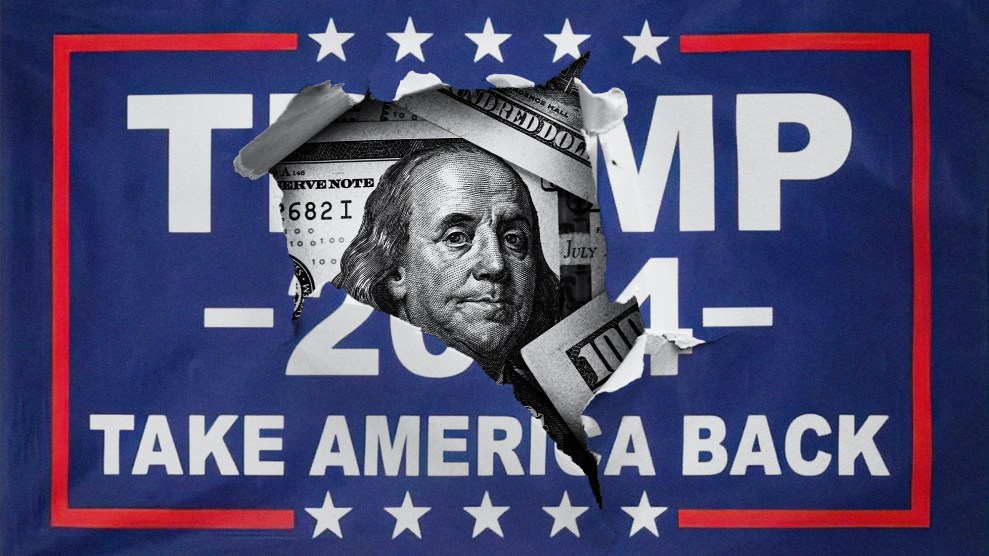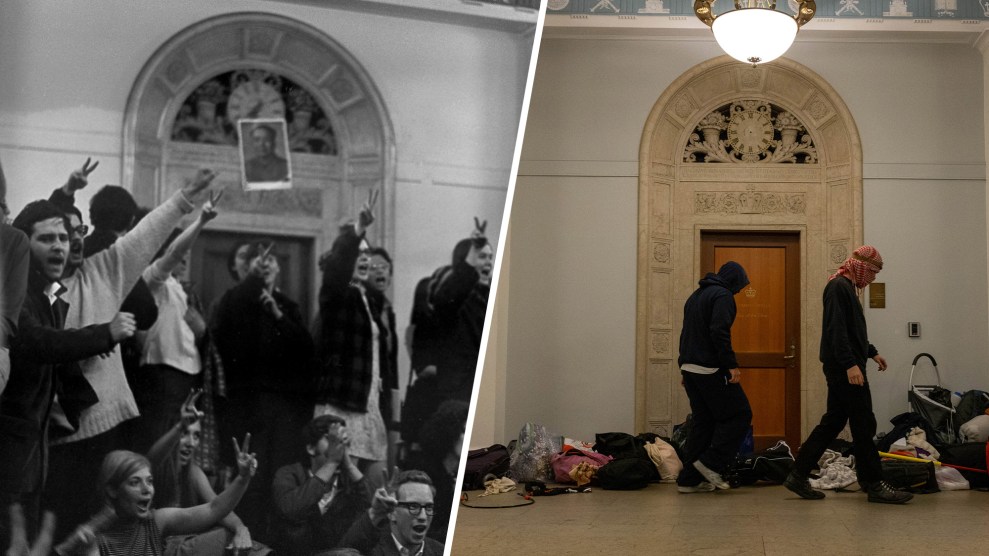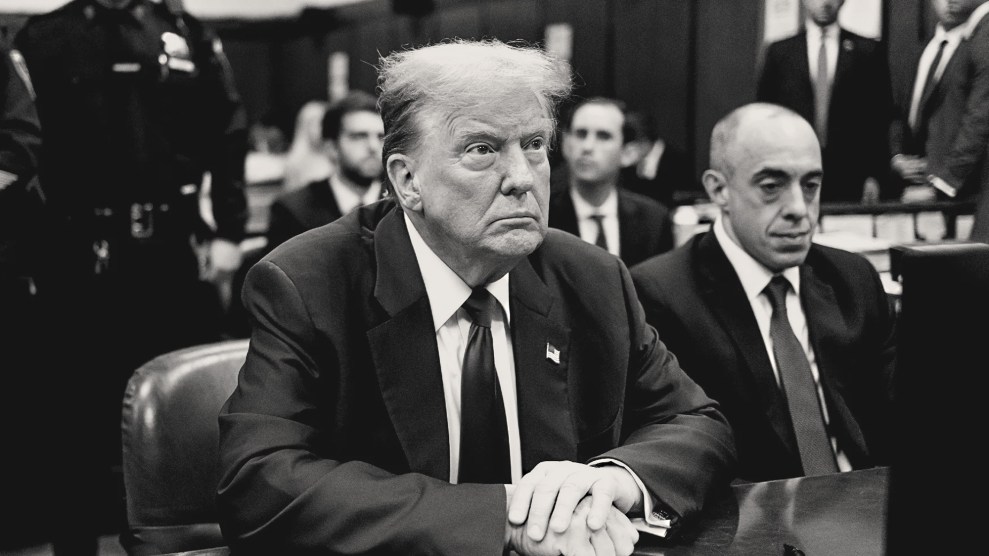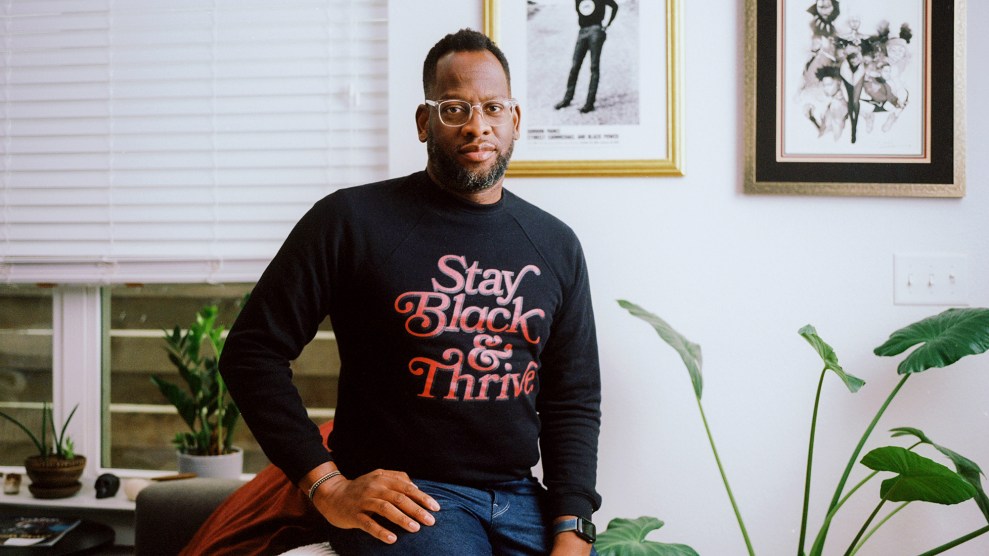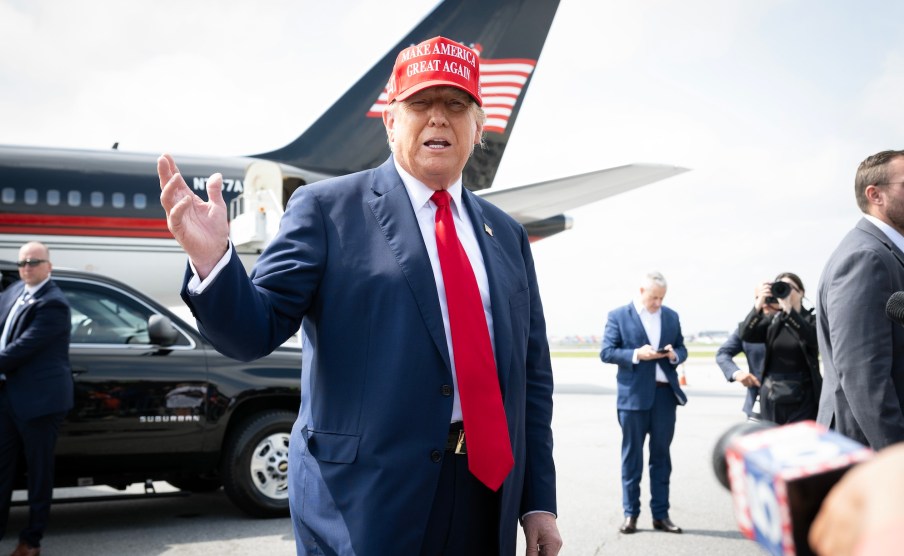Federal Reserve chairman Ben Bernanke went on the offensive yesterday before the Senate committee in charge of crafting comprehensive financial reform, fighting criticisms of the Fed and telling senators they’d be making a “grave mistake” if they neutered the Fed by taking away its bank oversight powers. Bernanke, who’s gone from Time Man of the Year to clawing together enough support to win renomination, made his latest comments to Congress come amidst a renewed push by the Fed to save some of its regulatory muscle, which now includes oversight of both smaller banks and larger, too-big-to-fail institutions; another powerful Fed chief, Thomas Hoenig of the Kansas City Fed, also met with Sen. Michael Bennet (D-CO), Bloomberg reported, to lobby for the Fed retaining its existing powers. “The Fed comes to this with an imperfect track record, which I think is widely acknowledged,” Bennet told Bloomberg. “The more important question for me is, what are we going to do to make sure we’re never in a position again.”
The Fed’s regulatory gaffes and disregard for consumer protection in the run-up to the crisis has been well documented. For instance, the Fed ignored years’ worth of pleading by Midwestern advocacy groups about the growing waves of subprime lending in low-income communities; the Fed also waited years to enact new rules on predatory practices by credit card companies like excessive overdraft charges and “hair-trigger” interest rate increases. (The recent Credit CARD Act, however, has clamped down on the practices.) Still, the Fed has fielded widespread criticism inside and outside Washington for its laissez faire attitude to regulation in the past decade and in the run-up to the financial crisis. Sen. Chris Dodd (D-CT), chairman of the banking committee, has long called for stripping the Fed of its bank oversight powers, leaving to deal mostly with monetary policy.
One way of doing that would be the creating of an independent, standalone Consumer Financial Protection Agency, a organization to monitor dangerous financial products and practices like the Consumer Product Safety Commission regulates dangerous kids toys. However, the fate of an independent CFPA remains up in the air, and the Fed, it seems, could still retain some of its powers when the dust settles around a new financial reform bill. For one, Sen. Evan Bayh (D-IN), who’s set to retire this fall, remarked yesterday, “The Fed should retain a robust role in the supervisory area. My strong impression is that you and your team have learned from the recent past.” I guess we’ll have to wait and see if that’s true or not.


